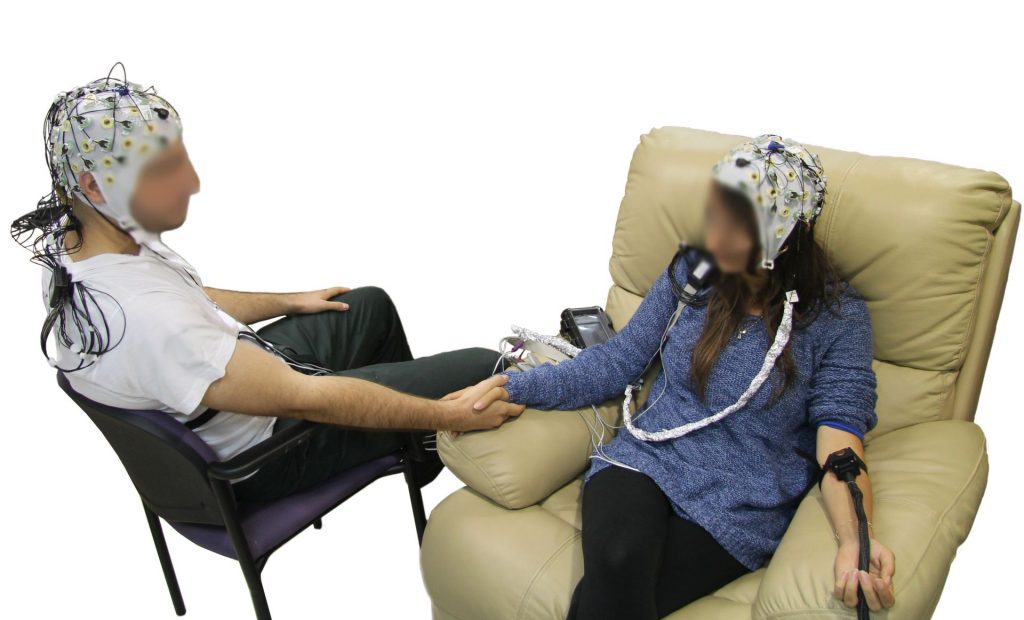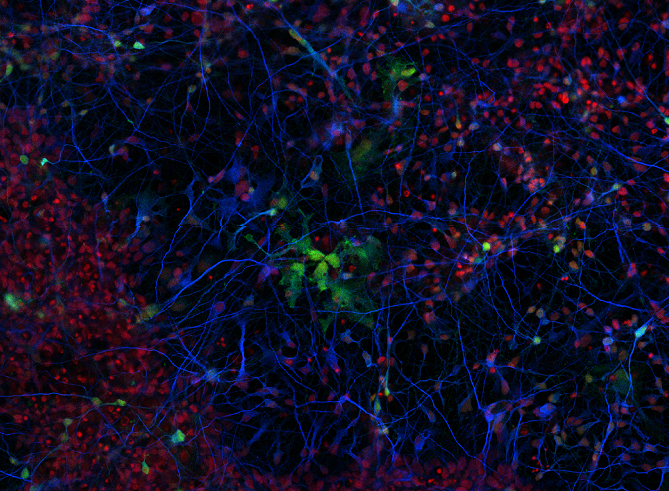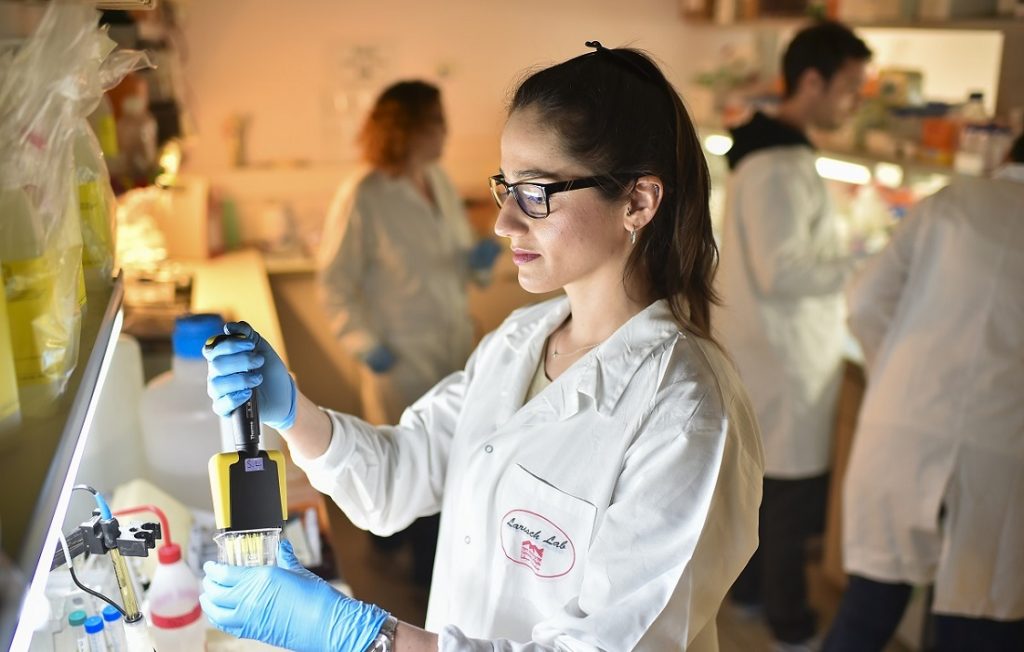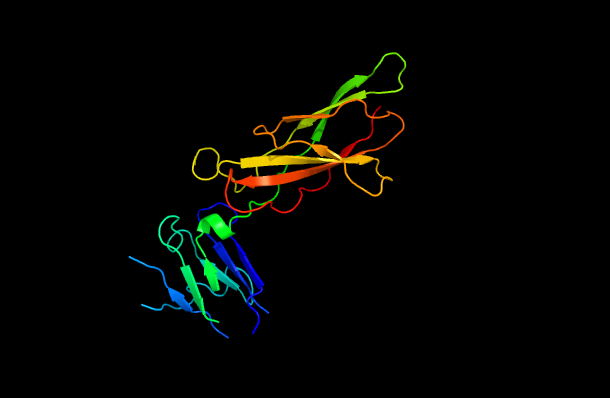Living Well & Living Longer
Advancing innovative health research in brain, epigenetics, and computational modeling to strengthen the health care ecosystem and enhance our quality of life.
Pioneering an integrative approach to health and wellness, our neuroscientists, evolutionary scientists, public health specialists, and cancer researchers are improving personalized medical care, increasing longevity, and enhancing quality of life.

Brain & Behavior
Understanding how empathy and pain are linked in our brains
The phrase “Let me ease your pain” may have some validity – a group of researchers set out to find out if this really is true. Prof. Simone Shamay-Tsoory and her research team partnered with University of Colorado in Boulder to map two distinct neural networks that mediate emotional aspects of empathy behaviors in the brain. According to Shamay-Tsoory, “This study empirically supports the idea that touch can transfer a partner’s empathy (in romantically involved couples), thereby decreasing pain.” The basis of their findings may be used to further investigate empathy in the context of other relationships such as parents and children.”

Brain Biomarkers
Probing inter-cellular brain activity to advance personalized medicine
The Lab for Precision Disease Modeling directed by Dr. Shani Stern uses molecular biology combined with biophysical, electrophysiological and numerical simulation platforms to facilitate the use of induced pluripotent stem cell technologies (iPSC) for studying human brain disease and disorders. The lab focuses on bipolar disorder, Parkinson’s disease and rare mutations that cause intellectual disability, epilepsy and autism. By understanding the mechanisms that underlie these disorders, researchers seek to develop precision medicine programs and find biomarkers for better diagnosis and improved prognosis.

Cancer Research
Applying programmed cell death in cancer cells
Treating breast cancer patients, diagnosed at a very early stage of the disease, remains a major clinical challenge. Great efforts have been devoted to develop strategies for preventing overtreatment of patients at this critical stage. Researchers at the University of Haifa led by Prof. Sarit Larisch and Dr. Dalit Barkan are developing small molecule ARTS mimetics designed to suppress tumor progression and selectively induce apoptosis in breast cancer cells.

Aging & Quality of Life
Uncovering the secrets to longevity with advanced bioinformatics tools
The Laboratory of Genetics and Epigenetics of Aging and Longevity headed by Dr. Gil Atzmon is breaking new ground in understanding age-related disease. By utilizing a combination of basic genetics, genomics, epigenomic and bioinformatics tools, scientists are performing novel and state-of-the-art analyses that is enhancing our understanding of the aging process and the role of genetics and epigenetics in disease, aging, and longevity. In a major study, the lab examined the genetic markers and age-related pathogenic mutations of centenarians.

Health & Quality of Life
Healthy Lifestyle can Reverse Non-Alcoholic Fatty Liver Disease (NAFLD)
Non-alcoholic fatty liver disease (NAFLD) has quietly reached epidemic levels, afflicting roughly 25% of the worldwide population. A pioneering study led by Prof. Shira Zelber-Sagi of the School of Public Health with partners at Tel Aviv Medical Center found that NAFLD is a preventable disease. “According to our findings, a healthy lifestyle can reverse the disease,” explains Zelber-Sagi. “Even a 5% weight reduction has shown positive liver fat reduction.” Their recommended health guidelines for the management of NAFLD suggests lifestyle changes that include regular physical activity and a Mediterranean-style diet.
Credits: University of Haifa Archives; Getty Images


